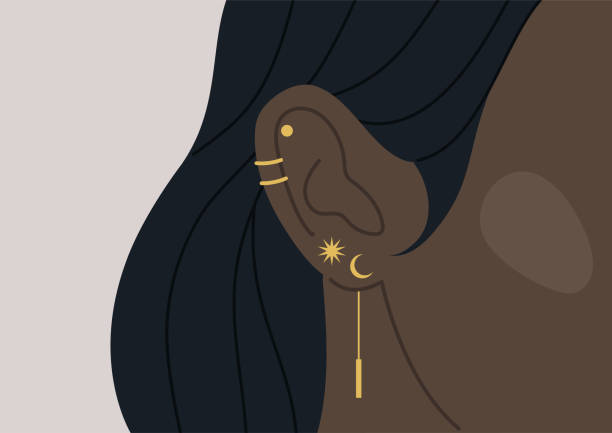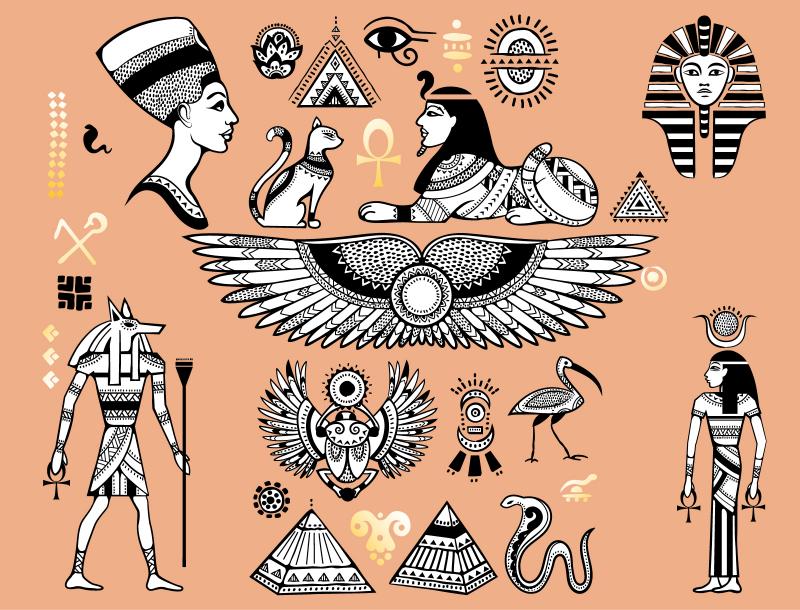As the popularity of tattoos continues to increase, many Christians are curious about where the topic of tattoos in the Bible stands.
Some Christians regard all tattooing as immoral and evil. Due to God’s blatant prohibition of tattoos in Leviticus 19:28, “You shall not make gashes in your flesh for the dead, or incise any marks on yourselves.”
Modern academics contend that interpretations of this passage vary. Some assert that it forbids an ancient practice of self-mutilation performed during sorrow.
Another understanding is that it solely refers to tattoos made with ink mixed with family members’ ashes. Having stated that, The Bible does not explicitly address tattoos at any point.
Is Tattoo a sin in the Bible?
The classic disagreement about tattoos in the Bible comes from the verse of Leviticus. People think the verse refers to a specific historical period and location. God banned tattooing for the Israelites because they were the emblem of servitude.
According to some authorities, if specific messages were included in the tattoos, they were prohibited. such as the name of God or the words “I am the Lord.”
To summarize, getting a tattoo is not, in and of itself, a sin. It is an issue of Christian freedom, which ought to be anchored in love and governed by biblical precepts.
Are there other bible verses against tattooing?
There are a few verses in the Bible. Still, it does not clearly state the subject of the Tattoo. Examples of such verses include 1 Corinthians 6:19–20 and Isaiah 49:16.
However, the verse from Corinthians is thought not explicitly to allude to the topic of tattooing. This passage is mainly referring to sexual immorality. Similarly, Isaiah’s passage is a metaphor but still demonstrates openness to tattooing.
Bible does not give concrete evidence on whether tattoos are permissible. It also has no concrete verses in the Bible that suggest tattooing is sinful. Hence, it mostly depends on how a person perceives it.
What does the Bible say about piercings?
In the Christian community, the discussion on tattoos and body piercings is still ongoing. Some individuals contend that the Bible makes it abundantly plain. We should care for and protect our bodies as temples.
Others, however, do not view those body piercings as sinful because they enhance one’s physical beauty. The intention behind piercing also matters. The Bible does not explicitly address whether piercings are sinful or not. Hence the debate on tattoos and piercings is still endless.

What are the most diminutive tattoo-friendly countries?
Some countries are not tolerant of tattoos. Some countries include Denmark, UAE, Iran, Turkey, Sri Lanka, etc.
Danish citizens cannot obtain tattoos on their hands, neck, face, or head as of 1966. Turkey has also enacted several strict rules, including prohibiting tattoos in classrooms.
In 2014, Sri Lanka expelled a British tourist because she had a Buddha tattoo on her arm, which hurts the sentiments of Buddhists. Korea does not view tattooing as a crime. But it has to be performed by a licensed medical doctor.
What religions allow tattoos?
Not only are tattoos permissible for non-Hindus, but Hinduism also serves as the inspiration for many tattoo designs. Hindu women used to get their husbands’ names tattooed on their forearms. The Tattoo made communicating easier for the women as they thought they shouldn’t say their husbands’ names.
Buddhism also does not place a lot of restrictions on body art. Buddhists hold that both tattoos and the human body are transient.
Buddhism does not consider tattoos to be against its principles because they are temporary. Hence, Hindus and Buddhists are remarkably tolerant of tattoos compared to other religions, which consider them immoral.
What do tattoos mean in the West?
Some dispute the meaning of tattoos in the West and claim that they represent gang culture and revolt. Hence it is believed that Christians shouldn’t participate.
Currently, tattoo culture has changed in Western culture. Although revolt, gangs, and inebriated sailors may have been associated with tattoos in the West 70 to 100 years ago.
Today those associations are not the cultural norm or message.
Today people get tattoos to beautify themselves. Tattoos today are a real work of art.
Why couldn’t Israelites get a tattoo?
Numerous commentators have said tattoos are illegal because they violate God’s creation. The law was established at that time to keep Israelites separate from paganism and to free them from their enslavement.
It was also established to help Israelites break free from slavery. During this time, people believed some tattoos related to slavery.
Since God had just freed them from slavery, the Israelites were never to think of themselves as being in Egypt’s servitude. It was one of the main reasons why they were forbidden to get tattoos.
Why did Egyptians get tattoos in ancient times?
Tattooing has been a practice for millennia. At least as early as the Middle Kingdom, tattooing was popular in ancient Egypt. It seemed that only women in Egypt wore tattoos.
Some women wore it as a sign of a child’s protection both during pregnancy and childbirth. According to research, a woman’s tattoos would have formed an intricate net design.
It started from her lower back to just below her navel as her belly grew during pregnancy. It was a protective barrier between the world and the unborn child.

Are Muslims allowed to get tattoos?
You might discover varying views among Muslims on the subject of tattoos. Based on the Prophet Muhammad’s oral traditions, most Muslims believe that permanent tattoos are forbidden. Most academics generally do not view temporary tattoos like henna as immoral.
According to scholars, the Prophet reportedly cursed both those who tattoo and those people who are tattooed.
Due to the unnecessary discomfort caused by the treatment, it is also viewed as sinful. It also raises the risk of infection. In Islam, tattoos are deceitful because they cover the natural body. Hence it is considered sinful.
Politigory provides in-depth reviews of science, history, humanities, religion, social sciences and arts











